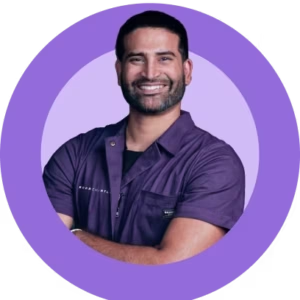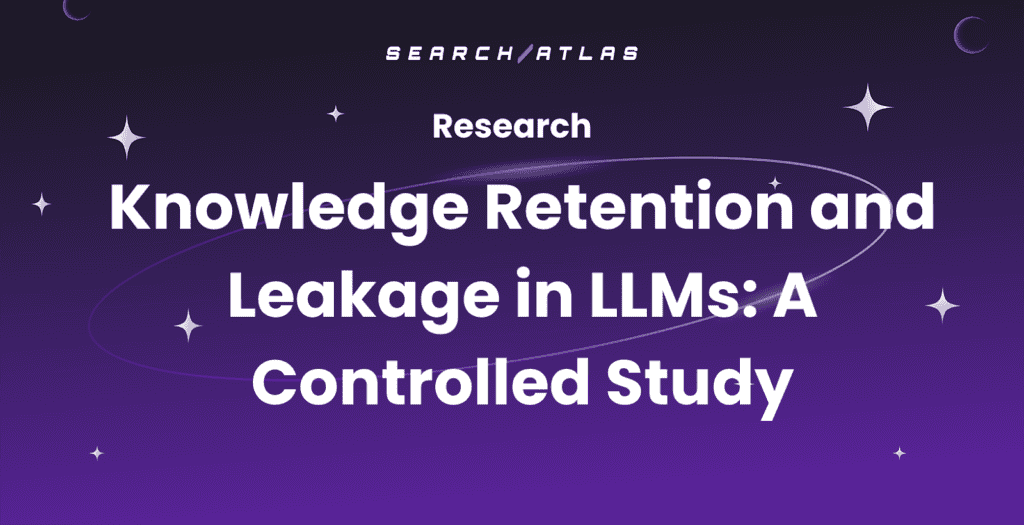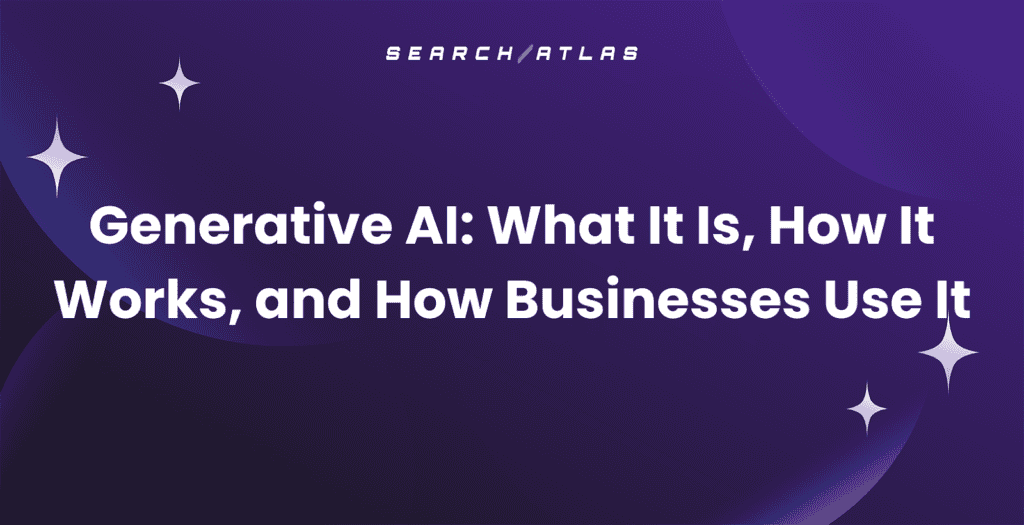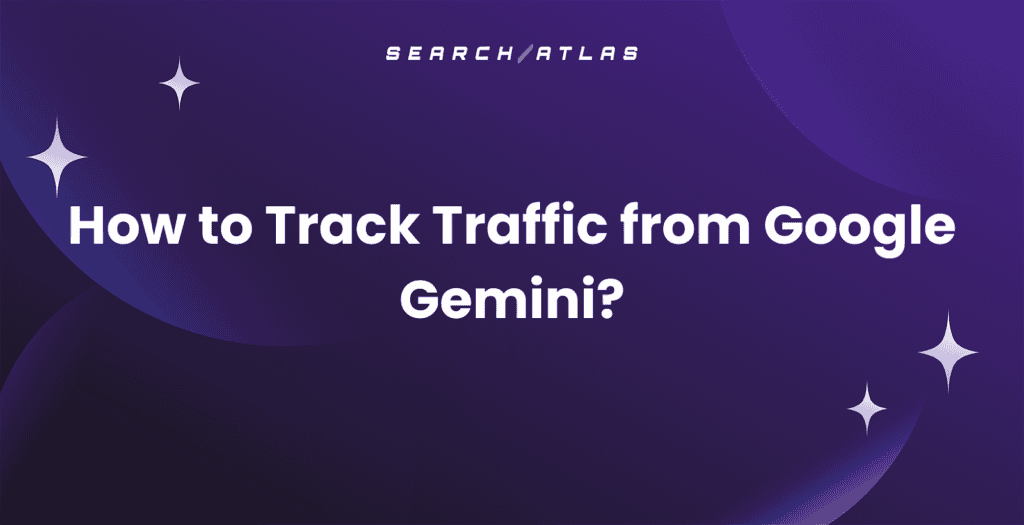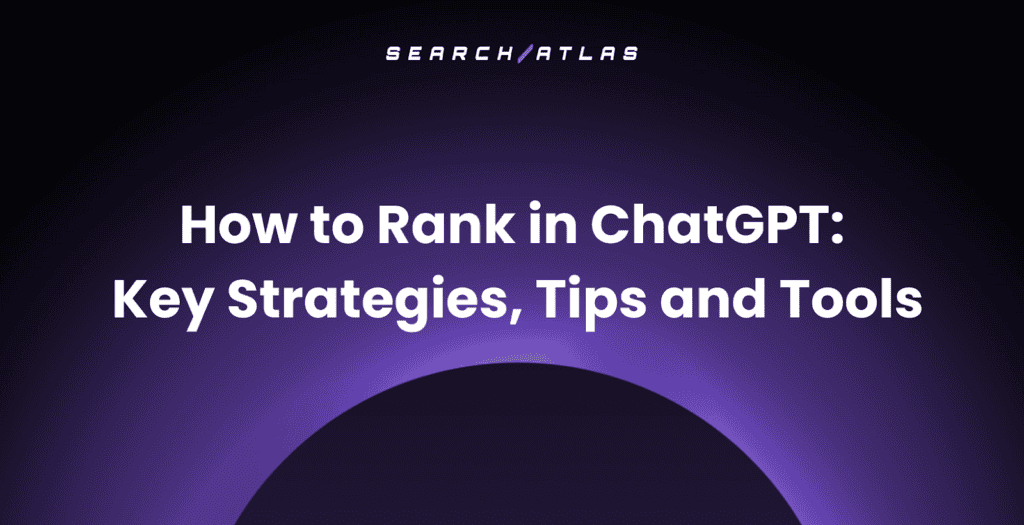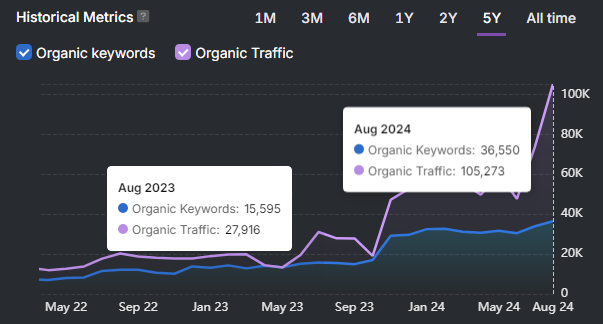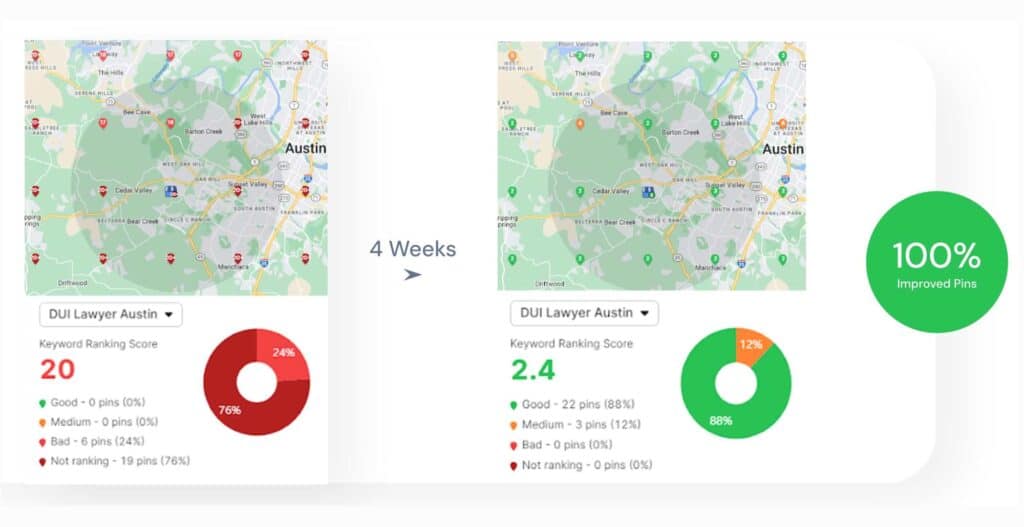The best way to start learning SEO is with a clear, focused approach. Many struggle because they follow scattered advice without knowing what truly impacts rankings. Progress happens when learners apply structured methods, test strategies with intent, and focus on the factors that shape visibility. 🔍
SEO defines how content, services, and businesses appear in search. Learning it the right way opens long-term opportunities to increase traffic, build authority, and make informed decisions based on real data.
This guide covers 7 best ways to learn SEO in 2025. Each method helps build practical skill, improve execution, and strengthen site performance through strategies that work.
Why SEO Is Still Worth Learning in 2025?
SEO gives professionals practical skills to improve how websites perform in search. In 2025, it remains a key skill for gaining traffic, building trust, and competing online. Below are the reasons why it still matters.
- People Still Use Search Engines: Most users still rely on Google to look up products, find answers, and compare options. Even with AI tools and social media, search remains the main way people find information.
- SEO brings long-term results: A well-optimized page keeps showing up in search results for months to years. Unlike ads, it doesn’t stop working when the budget ends.
- Top results earn more trust: Websites that appear first in search results get more clicks and seem more reliable. SEO helps build that visibility and reputation.
- Better rankings beat the competition: Higher positions let you reach potential customers before others do. That early visibility helps generate leads, drive conversions, and grow your presence in crowded markets.
How the Best Way to Learn SEO Impacts Your Progress
The chosen learning method directly influences how quickly and accurately SEO skills develop. Without clear guidance, it’s easy to waste time on tactics that no longer matter. Common issues from ineffective learning are listed below.
- Misreading what search engines actually prioritize.
- Chasing short-term tactics instead of building lasting strategy.
- Relying on tools without understanding their real function.
- Failing to connect content, authority, and technical performance.
A structured learning path introduces concepts in sequence, builds foundational knowledge, and ties each action to measurable results. This approach strengthens pattern recognition, sharpens performance analysis, and improves response to algorithm changes.
What You Should Focus On When Learning SEO
Successful SEO learning begins with foundational understanding. This base makes advanced tools and tactics easier to apply effectively. The areas below form the core of structured SEO education.
- Understanding How Search Engines Work: Search engines crawl pages, index their content, and rank them based on quality and relevance. Grasping this process establishes a framework for how optimization actions influence visibility.
- Knowledge of Ranking Factors: Search engines rank content using signals tied to trust, intent alignment, content quality, and technical health.
- Mastery of the Four SEO Pillars: Effective SEO relies on Technical SEO, On-page SEO, SEO Content, and Off-page SEO. Each pillar shapes how search engines interpret and prioritize web pages.
- Familiarity with Keyword Research and Intent: Keyword research connects site content with user queries. Identifying the right terms ensures alignment with search intent and improves the accuracy of targeting.
Different websites require tailored approaches based on structure, audience, and search behavior. Common SEO types include.
- Local SEO: Targets geographic queries to improve visibility in maps and “near me” results.
- International SEO: Optimizes content and structure for multilingual or multi-country audiences.
- Enterprise SEO: Manages large-scale optimization across complex sites and teams.
- Small Business SEO: Focuses on local keywords and simple fixes for lean operations.
- Ecommerce SEO: Improves product page visibility using filters, schema, and structured navigation.
- SaaS SEO: Attracts users by targeting solution-aware and problem-aware search intent.
- B2B SEO: Reaches decision-makers with industry content tailored to long sales cycles.
7 Best Ways to Learn SEO and Build Skills That Actually Rank
There is a difference between reading about SEO and learning it. These 7 best ways to learn SEO help you build practical skills that impact rankings. 📈
1. Read SEO Blogs and Websites to Build Ongoing Knowledge
SEO blogs and websites offer ongoing education through real examples, algorithm updates, and proven strategies. Prioritize platforms that provide evidence-based content, walk through real scenarios, or track the impact of updates. Recommended resources include.
- Google Search Central: Official updates on crawling, indexing, ranking, and best practices.
- Search Atlas Blog: Detailed guides on technical audits, on-page SEO, keyword tracking, robots.txt, and analytics.
- Search Atlas News: Industry developments, newsletters, and strategic insights tailored to current trends.
Reading SEO content with real-world context accelerates understanding. The most progress comes from combining reading with hands-on practice using live websites or tools.
2. Learn From Experts to Understand What Actually Work
Learn SEO by observing professionals who apply strategies in real-world campaigns. These experts adjust strategies based on testing, algorithm changes, and observed performance. Their work reveals how search engines respond to content, links, and technical signals.
A leading example is Manick Bhan, Founder and CTO of LinkGraph and creator of the Search Atlas software suite, is a leading SEO expert worth learning from. With over a decade of experience, he has guided both startups and Fortune 500 companies using data-driven SEO strategies.
Manick and his team built the Holistic SEO Framework through continuous testing and analysis of search behavior. Their approach reflects proven techniques applied across live websites and validated by real results.

His insights, published regularly on the Search Atlas blog, focus on the factors that influence rankings today. Learning from experts like Manick Bhan offers a clear view of how modern SEO performs in practice.
3. Take Practical SEO Courses to Follow a Clear Learning Path
Courses teach SEO through structured learning paths that build lasting skills and prepare learners to apply SEO effectively in real-world projects. Instead of sorting through scattered resources, learners follow a focused sequence supported by demonstrations, practical tasks, and measurable outcomes.
For those ready to go deeper, the Search Atlas Advanced SEO Course follows the Holistic SEO Framework, covering Authority, Content, Technical SEO, and User Experience. It includes modules on Local SEO, automation workflows, and visibility across language-based search models.
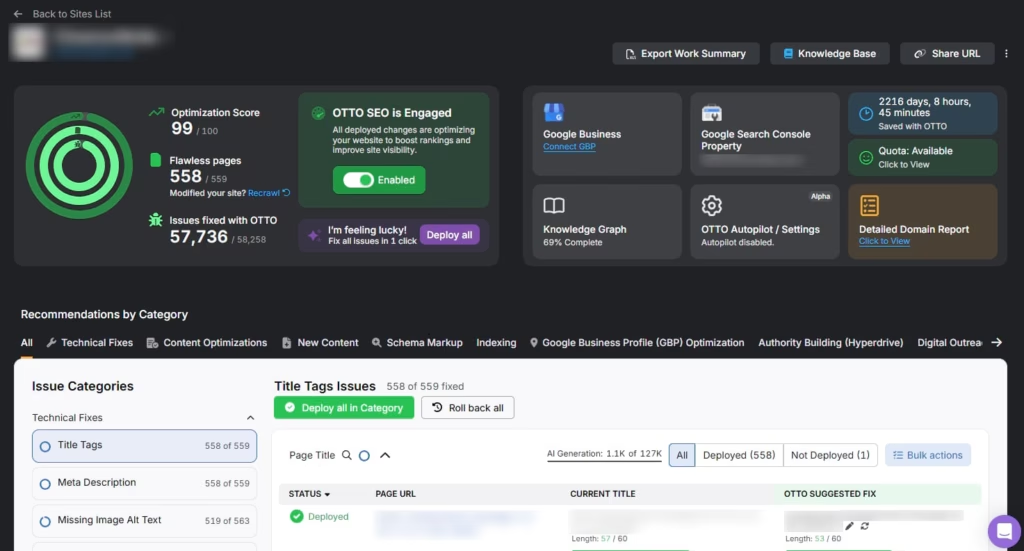
Lessons involve assignments, quizzes, and case studies based on real testing. This combination makes it the best way to learn SEO, which offers a complete experience, built by experts and aligned with the most current SEO practices and real-world application.
4. Use SEO Tools to Learn by Doing
Hands-on practice builds SEO skills faster than theory alone. Using tools to audit pages, track keywords, and analyze backlinks helps turn concepts into real understanding. Working with live data reveals how content structure, technical fixes, and link profiles influence visibility.
Free trials from SEO platforms make this approach accessible. Select platforms that present clear insights with features like content grading, backlink reports, and keyword clustering help learners connect actions to outcomes.
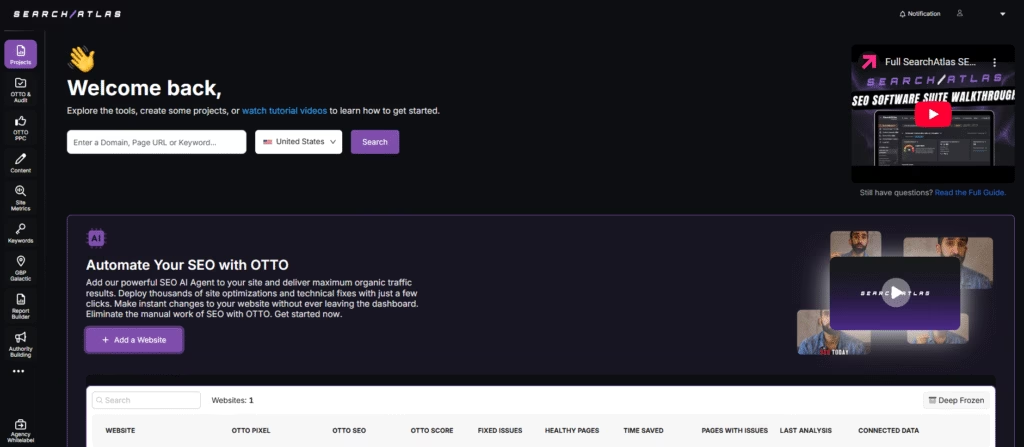
Search Atlas is a powerful example of a platform designed for learning through application. It brings together tools for technical audits, content optimization, local SEO, and off-page strategy in one place.
With support from OTTO SEO, the built-in AI assistant, it allows you to automate tasks such as internal linking, schema markup, and keyword refinement. The free trial includes full access, which allows you to explore every feature and gain real-world experience through guided execution.
5. Join in SEO Communities to Stay Informed
Active communities offer direct access to ongoing insights, practical advice, and real-time discussions from people working in the field. These groups help identify trends, clarify complex topics, and highlight what works in practice. Popular communities include.
- Join r/SEO on Reddit to follow site audits, strategy breakdowns, and peer case studies.
- Join Slack groups focused on local SEO, technical fixes, or content development.
- Follow SEO conversations on X (formerly Twitter) to track tips, experiments, and algorithm updates daily.
- Join SEO groups on LinkedIn to read long-form insights from professionals and contribute to discussions.
Members share case studies, ask questions, and exchange solutions across a range of SEO challenges. This regular engagement makes SEO more approachable and speeds up learning through shared knowledge.
6. Apply What You Learned to Gain Real Experience
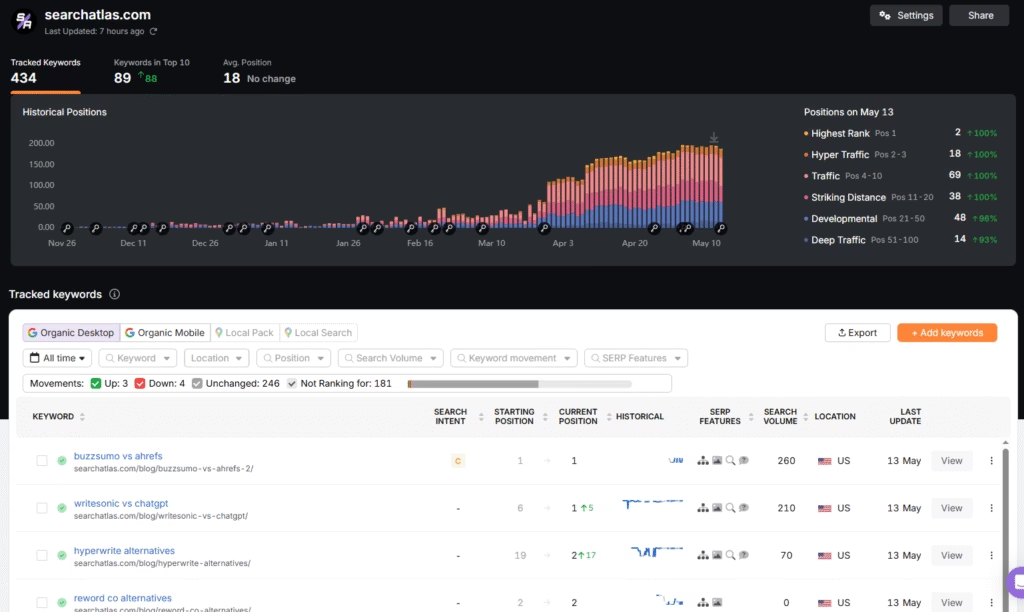
Practice turns SEO knowledge into lasting skill. Real progress comes from testing strategies, making adjustments, and tracking outcomes on actual websites. Start to apply your knowledge with any of the options below.
- Build a website: Create a blog or test site to apply SEO techniques in a safe environment.
- Analyze real sites: Study how top-performing websites structure pages, target keywords, and earn links.
- Implement key tactics: Apply keyword research, improve technical elements, and optimize content using actual tools.
- Practice consistently: Repeat tasks often to deepen understanding and adapt to new challenges.
7. Repeat, Test, and Stay Current to Keep Strategies Effective Over Time
SEO changes constantly, so building lasting skill requires ongoing effort. Search engines evolve, user behavior shifts, and most tactics that worked last year no longer apply. To stay effective, revisit strategies regularly and adjust them based on traffic patterns, ranking shifts, and performance data.
Test new formats, revise internal linking, and update older pages to see what drives results. Use tools to track these changes, identify what improves search visibility, and adjust keyword targeting, technical elements, and content structure accordingly.
Stay current by following algorithm updates, reading expert insights, and studying trusted SEO sources. Continuous learning strengthens strategies and keeps them competitive as SEO evolves.
Master SEO with the Complete Course by Search Atlas
Building real SEO skill demands clear structure, applied practice, and exposure to the challenges that shape modern search performance. The best way to learn SEO is through that connects strategy to outcomes.
The Search Atlas course delivers exactly that. ✨
It equips you with practical methods, expert guidance, and the platform to apply every concept in real scenarios. From keyword research to site audits and content optimization, every module builds skill through action.
Step into SEO with confidence and clarity. Start learning with Search Atlas and apply proven techniques from day one. 🚀
